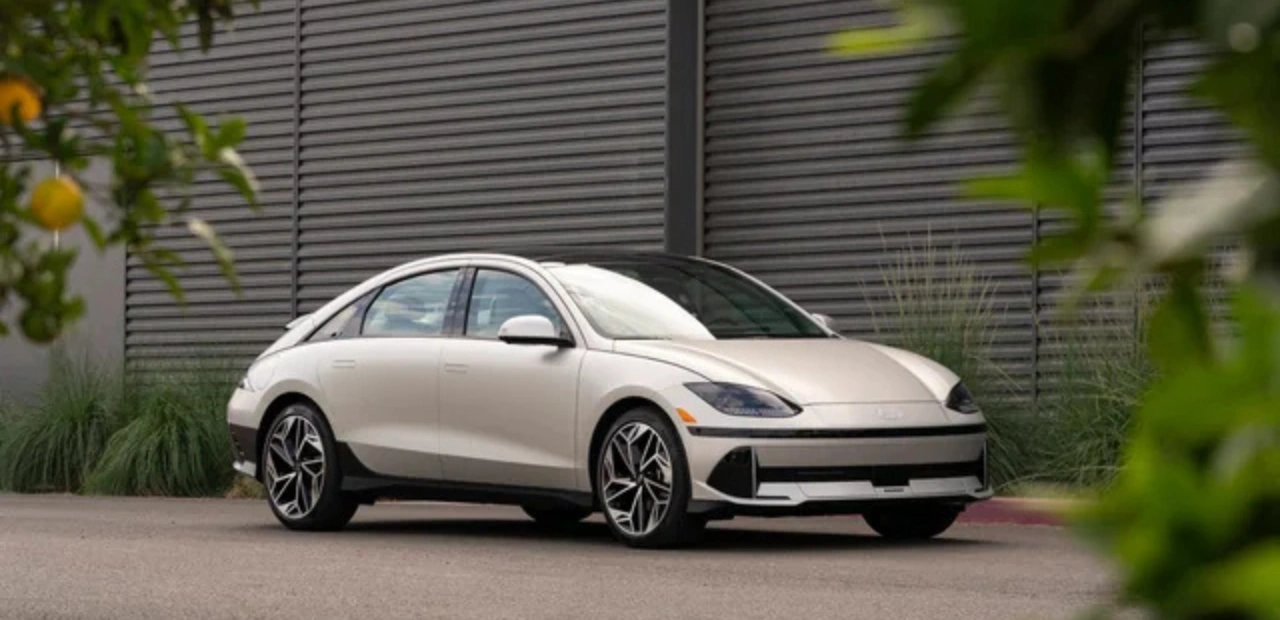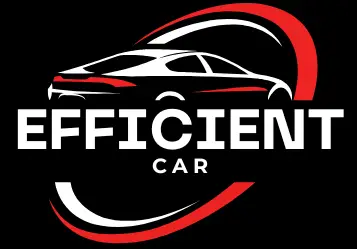The cost of owning a fuel-efficient car

Understanding the Financial Implications of Investing in a Fuel-Efficient Vehicle
Investing in a fuel-efficient vehicle can have significant financial implications. One of the main considerations is the initial purchase price of the car. Generally, fuel-efficient vehicles tend to be more expensive than their traditional counterparts. This is due to the advanced technology and components required for improved fuel efficiency. However, it is important to consider the long-term savings that come with owning a fuel-efficient car. With lower fuel consumption, owners can potentially save a significant amount of money on gasoline expenses over the lifetime of the vehicle. This can help offset the higher initial cost and make the investment in a fuel-efficient car more financially viable in the long run.
In addition to the purchase price and long-term savings, it is important to unveil the hidden costs associated with owning a fuel-efficient vehicle. Maintenance and repairs are one such factor to consider. While fuel-efficient cars generally require less maintenance due to the improved technology and components, the cost of repairs can be higher. The advanced systems in these vehicles may require specialized technicians and parts, which can be more expensive to obtain. It is crucial for potential buyers to factor in these potential costs and assess whether the long-term savings in fuel expenses outweigh the potential maintenance and repair expenses associated with owning a fuel-efficient vehicle.
Exploring the Initial Purchase Price and Long-Term Savings of Owning a Fuel-Efficient Car
When considering the purchase of a fuel-efficient car, one of the primary factors that comes into play is the initial purchase price. While it is true that fuel-efficient vehicles often come with a higher price tag than their traditional counterparts, it is important to delve deeper into the long-term savings that can be achieved through owning such a car.
The higher initial purchase price can often be justified by the significant fuel savings that can be enjoyed over the lifetime of the vehicle. Fuel-efficient cars typically have higher miles per gallon (MPG) ratings, meaning that they consume less fuel and require fewer trips to the gas station. Over time, these savings can accumulate and make a noticeable difference in the overall cost of owning the vehicle. Additionally, with rising gas prices, the long-term savings become even more significant. This makes investing in a fuel-efficient car a wise financial decision for those looking to minimize their annual fuel expenses and maximize their savings.
Unveiling the Hidden Costs: Maintenance and Repairs for Fuel-Efficient Vehicles
One factor that is often overlooked when considering the financial implications of investing in a fuel-efficient vehicle is the cost of maintenance and repairs. While these vehicles may be designed to be more efficient and environmentally friendly, they are not exempt from routine maintenance and occasional repairs. In fact, some fuel-efficient cars may require specialized parts or servicing, which can translate into higher costs.
Regular maintenance, such as oil changes, tire rotations, and fluid replacements, are essential for keeping any vehicle running smoothly, including fuel-efficient cars. However, it's important to note that certain components, such as hybrid batteries or advanced fuel-saving technologies, may require specialized attention or replacement at some point. These specialized components can be more expensive to repair or replace compared to traditional parts found in conventional vehicles. As a result, owners of fuel-efficient cars may need to budget for higher maintenance costs in the long run.
Evaluating Fuel Efficiency: How Much Can You Save on Gasoline Expenses?
When it comes to evaluating fuel efficiency, one of the primary factors to consider is how much you can save on gasoline expenses. Fuel-efficient vehicles are designed to maximize the miles per gallon (MPG) they can achieve, ultimately allowing you to spend less on fuel. With rising gas prices and the impact of greenhouse gas emissions on the environment, owning a fuel-efficient car can offer both financial and environmental advantages.
By opting for a fuel-efficient vehicle, you can significantly reduce your monthly fuel expenses. These cars typically have higher MPG ratings, meaning they require less fuel to cover the same distance compared to their less fuel-efficient counterparts. For example, if a regular car averages 20 MPG, while a fuel-efficient car achieves 40 MPG, you would effectively be cutting your fuel expenses in half. Over time, these savings can add up, especially for individuals who commute long distances or frequently take road trips. Additionally, owning a fuel-efficient car allows you to better navigate fluctuations in gas prices, ensuring you are less affected by sudden increases.
Analyzing Insurance Rates for Fuel-Efficient Cars: Are They Lower or Higher?
Many drivers are intrigued by the idea of purchasing a fuel-efficient car not only for its environmental benefits but also for the potential long-term savings it could offer. However, one aspect that often goes overlooked is how fuel-efficient cars can affect insurance rates. Insurance companies determine rates based on numerous factors, including the make and model of the vehicle, its safety features, and the likelihood of repairs following an accident. While it may seem intuitive to assume that fuel-efficient cars would have lower insurance rates due to their lower risk of accidents, the reality is not so straightforward.
The insurance rates for fuel-efficient cars can vary significantly depending on various factors. Firstly, the cost of repairs and replacement parts for fuel-efficient cars can be higher than their conventional counterparts. The advanced technology and specialized components used in these vehicles can be more expensive to repair or replace, leading insurance companies to adjust their rates accordingly. Additionally, some insurance companies may perceive fuel-efficient vehicles as being more susceptible to theft due to their higher price tags and increasing popularity. Consequently, they might charge higher rates to mitigate this perceived risk.
Debunking the Myth: Do Fuel-Efficient Cars Have Higher Financing Costs?
Fuel-efficient cars have often been associated with higher financing costs. This has led many potential buyers to believe that while these vehicles may save them money on fuel, they will end up paying more in terms of monthly payments. However, this notion is just a myth and does not hold true in reality.
The financing costs of a car are determined by various factors such as the borrower's credit history, loan term, and interest rates. These factors are not influenced by the fuel efficiency of a vehicle. In fact, many auto manufacturers and banks now offer special financing options and incentives for purchasing fuel-efficient cars. These can include lower interest rates, longer loan terms, and even cash rebates. So, while it is important to carefully consider financing options, it is incorrect to assume that fuel-efficient cars come with higher financing costs.
